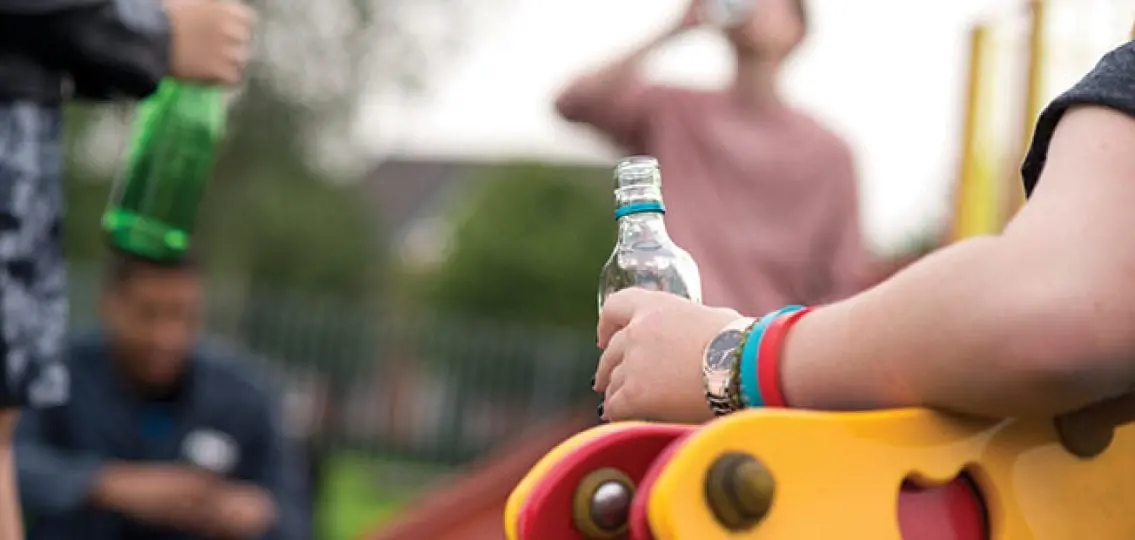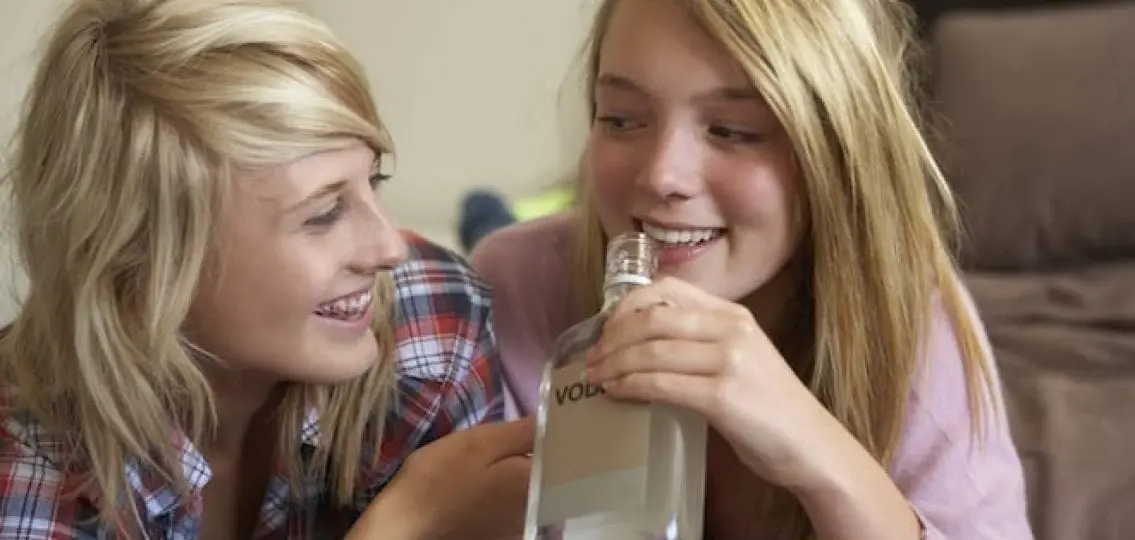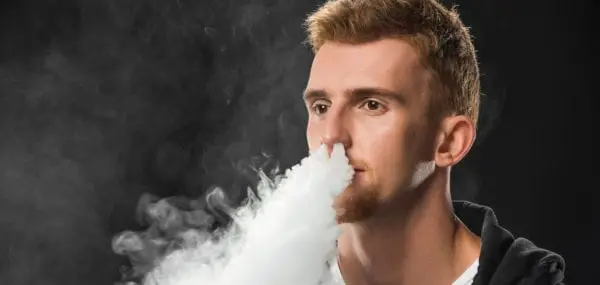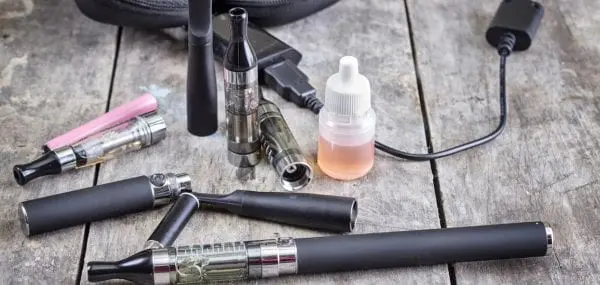“Little kids, little problems. Big kids, big problems.” There are few areas where the adage rings truer than with underage drinking. Here are the facts: underage drinking is illegal. Most parents don’t condone it. It’s unhealthy. The best tactic is to delay it as long as you can.

In fact, there’s plenty of evidence that parents should strive to keep their younger teenagers away from alcohol because it damages the developing teenage brain.
But here’s another fact: Many teens are drinking.
According to a Call to Action on Underage Drinking from the U.S. Surgeon General, by age 18, more than 70 percent of teens have had at least one drink. And they typically don’t stop at one. The report also found that teens are more likely to binge drink than adults: On average, teens have about five drinks on a single occasion.
That’s why we thought it was time to offer some realistic advice on underage drinking. There’s no doubt that this conversation will look different in every family. And the discussion will depend on the age of your teen and your own individual values. But if your goal is safety, you must know what to do when you suspect that your teen may be exposed to underage drinking.
Teenage Drinking: Parenting Advice
1. Offer strategies beyond zero tolerance.
You must open the lines of communication, and keep them open. “You might even say, ‘It’s illegal, and it’s unhealthy, but if you do drink, you have to be safe,’” says Dr. Marjorie Rosenblatt, a physician in Rye Brook, New York. While parents should stress that they’d prefer their teenagers not drink, a zero tolerance message does not help teens because they will be less likely to call for help when they are in trouble if all alcohol is taboo.
And it’s not a one-and-done conversation, adds Dr. Tori Cordiano, a clinical psychologist in Beachwood, Ohio, who suggests seizing on any openings where you can share your views on underage drinking. “They know a lecture when they hear one, so make sure it’s multiple, short conversations,” she says.
An important part of the conversation should be helping teens think through other options. Cordiano suggests casually saying, “Hey, I know parties with this group can get rowdy. What’s your plan if it gets out of control or the person you’re riding with ends up drinking?”
You also might want to give your teens tips on how to look like they’re drinking, if that makes them feel more comfortable, says Rosenblatt. “Drinking is so glorified and glamorized that there is immense social pressure, and kids want to fit in.” They can nurse one beer all night; they can have seltzer with lime; they can drink anything out of a red Solo cup.
You can also help them think through what to say if kids are pressuring them, such as, “My mom would kill me, and I can’t risk missing out on the next party.” Or, “The coach will bench me if I’m caught.”
2. Lay down a few inflexible rules.
Even if you know underage drinking is going on, there are some situations that can’t be tolerated. Here are three to give your teen:
DON’T DRINK AND DRIVE. Offer them alternatives, from a no-questions-asked ride home policy to an Uber app on their phone, says Dr. Marsha Rosenbaum, author of the Drug Policy Alliance’s booklet, Safety 1st: A Reality Based Approach to Teens and Drugs and Alcohol.
BINGE DRINKING IS DANGEROUS. Talk to them about moderation.
YOU HAVE TO HELP A FRIEND IN TROUBLE. Rosenbaum shares the following clear directives for your child: Never let a friend pass out while lying face up because she could choke. Reposition the friend so she’s lying on her side, and don’t leave her alone. When in doubt, call 9-1-1.
In 33 states and the District of Columbia, your teen won’t get in trouble for underage drinking by calling 9-1-1 for a peer in a medical emergency, thanks to what are known as “Good Samaritan” or “medical amnesty” laws. Many colleges also have such policies.
3. Let them know they should always call you.
Situations can get out of control very quickly, and teens need to know that if something is going badly, it is always in their best interest to call a parent for help, says Cordiano. You may have a conversation later (much later) about the poor judgment, but impress upon them that they shouldn’t hesitate to call for a ride or any other help.
4. Don’t be the parent who hosts the party.
There is a common attitude among party-hosting parents that it’s fine if they take the keys so no one will drink and drive. The theory is that they want teens to be safe and experiment at home.
However, says Cordiano, “it’s not a safe experimentation, and it’s breaking the law.” She believes that it encourages teens to drink to excess, and that the parents are then giving teens their stamp of approval. “It never turns out to be as controlled as parents expect,” she cautions.
That’s not to say that you can’t demystify alcohol by letting them have a glass of wine at home, where it’s a safe environment and you’re trying to model moderation, says Rosenblatt. Everyone knows the kid who went to college, discovered alcohol for the first time, and went amok. However, Rosenbaum stresses that this should only be if a child has shown curiosity. “There’s never a reason to introduce alcohol.”
5. Know when there’s a problem.
Consider moderation and context, says Rosenbaum. “If your kid is otherwise doing well in life — for example, their grades are good, they are participating in sports or clubs, and they have a social life — don’t panic because they are occasionally using alcohol.” However, she says, if it’s being used on a daily basis or in the wrong situations, like before school or when alone, that can indicate an abusive pattern where you should seek help.

The bottom line, says Rosenbaum, is that even though we all want our kids to be abstinent, in the end you can’t always have that. “So what is your Plan B? What is your fall back? Personally I’ve always felt that the health and safety of my kids was the No. 1 priority.”




